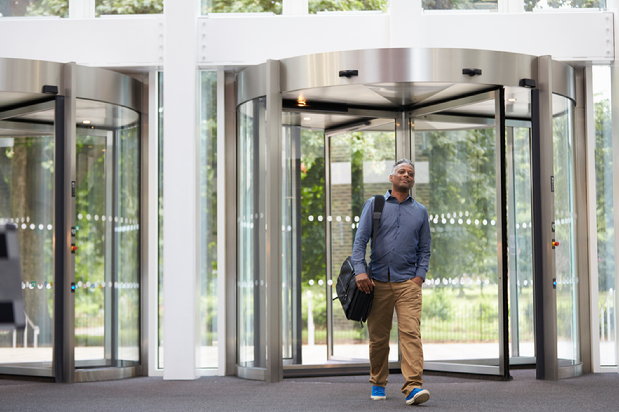So, you’re done with your stay at a luxury drug rehab and now you want to get a job. Getting a job can be a hugely rewarding experience. It feels good to have a purpose again, to work, make a living, and do something meaningful. Here are a few things to know when looking for work after rehab.
Stigma Is Real and Can Be a Barrier
You can view stigma as having four specific elements: pre-judgment, stereotyping, prejudice, and discrimination, which can occur at any stage of employment, even before you start work for a company.
Stigma may hinder employment, but it also exists in education, housing, and health care. You can’t alter others or their deep-seated biases, but you can exercise self-compassion when dealing with shame or guilt. Remember that prejudices are social, not personal. Don’t let them hinder or discourage you.
The ADA: Know Your Rights
The Americans with Disabilities Act (ADA) was enacted in 1990, which prohibits disability discrimination, such as against individuals with substance use disorders or alcoholism. Even if you have a past addiction and received treatment in a rehab facility, the ADA considers you disabled if your everyday life is impaired.
A disability-related or medical inquiry on an application or interview is illegal. An interviewer cannot ask about prior drug use or treatment, since such questions are disability-related because previous addiction is typically a disability. An interviewer may ask whether you now drink or use drugs. Interviewers cannot inquire about your drinking or drug use habits, like frequency or amount, since it may suggest an addiction.
After offering you a job, an employer can lawfully inquire about your disability—as long as they ask the same questions as everyone else in the same job category. They can also request medical exams. If an employer asks you to reveal your substance or alcohol use disorder diagnosis, you must.
Starting Your Job Search
It’s essential to start your job search with a strong resume. Verify that it reflects your most recent job experience and education. In case you don’t know where to start, ask a family member or friend. Many workforce alliances also can help.
Once your resume is perfect, consider what jobs you want to apply for. Despite the temptation of submitting applications to every job ad, it’s best to focus your efforts on jobs that fit your specific qualifications. Applying to too many jobs may induce stress and possibly trigger a relapse.
Take Advantage of Resources
Openings for individuals in recovery are posted on websites like America in Recovery. Their online job board may link you with companies that believe in second chances. Meetup groups may also host educational activities such as seminars and workshops. The Salvation Army, the National Skills Coalition, and the Department of Labor’s American Job Centers are other options.
Increase Your Network
Networking is vital. After detox and treatment, you may come out feeling isolated from everyone. There could be uncertainty about where or how to expand your network.
Like most things, you begin where you are. Start with your support or therapy groups and the connections you’ve made there. For example, an Alcoholics Anonymous sponsor might assist you with locating contacts to use as references. On LinkedIn, you may find employment possibilities, make connections, or listen to free educational podcasts on a wide range of topics.
Your treatment facility may have connections with area businesses and organizations that may help you find work possibilities with the help of a case manager or other career counselor.
Now that you’ve completed rehab, you’re ready to start again. Bring confidence and pride to your reentry into society with new coping skills and a better way to manage and enjoy your life.








